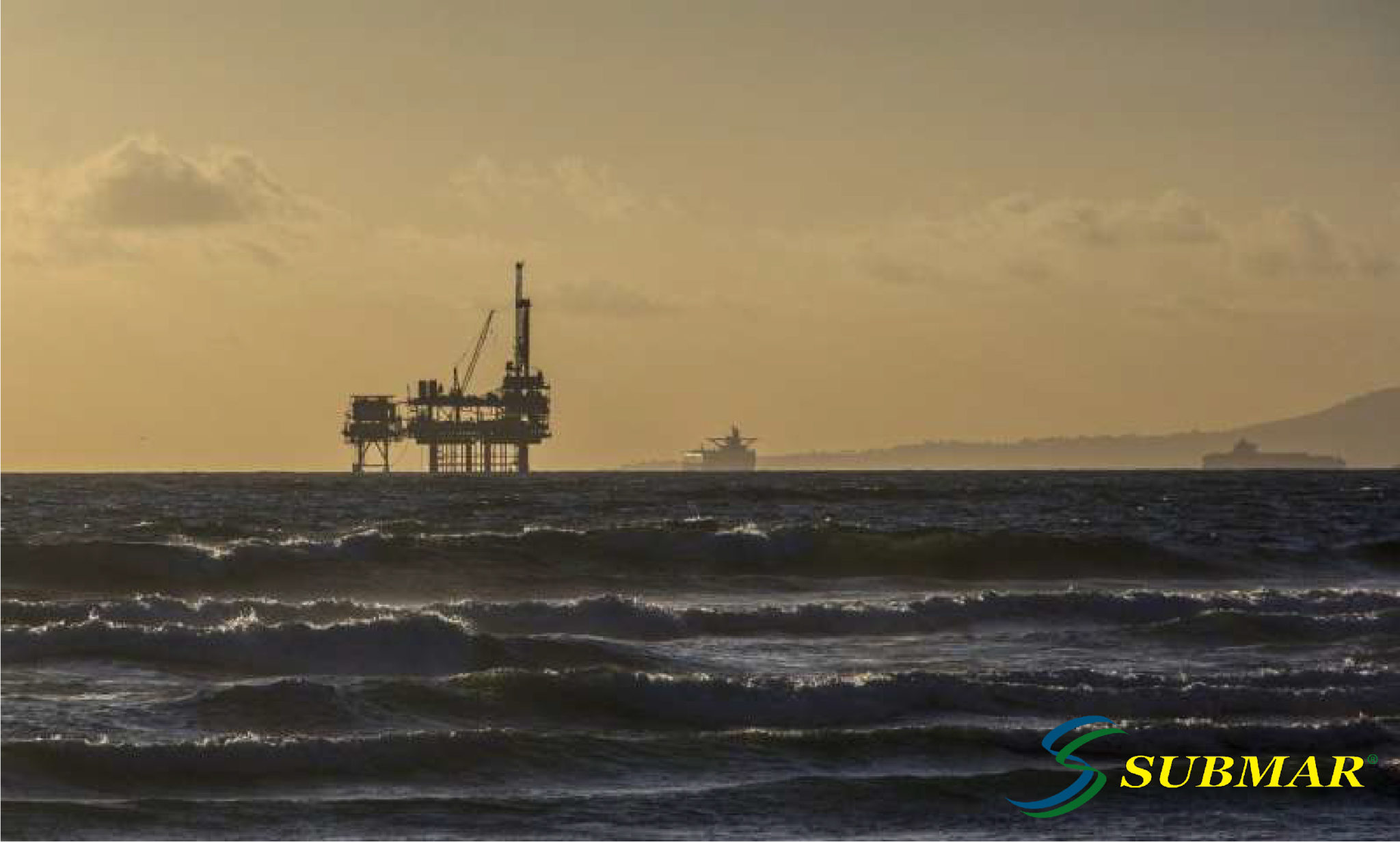A study out of Australia is making waves across the world. Turns out that there is real ecological value of offshore infrastructure—at least the fish think so. A first-of-its-kind study has noted that subsea pipelines in north-west Australia provide safe havens for commercially important fish.
The research project carried out by The University of Western Australia on a BHP subsea oil and gas pipeline off the north-west coast of Australia has found the pipeline has two to three times more the commercial value of fish than surrounding areas in deep waters.
Pretty impressive.
The research team accessed video footage collected from Remote Operated Vehicles (ROVs) used by the industry to inspect and maintain underwater pipelines on the North West Shelf region of WA. The ROV footage, collected along sections of pipelines at different depths, was used to assess the diversity and abundance of fish in the area.
- In total, the team observed 5,962 individual fish from 92 species and 42 families.
- In depths beyond 80 meters, the pipeline had two to three times the value of commercial fish species than surrounding habitats with fish species such as Goldband Snapper, Saddletail Snapper, and Moses’ Snapper recorded in high numbers.
- In depths less than 40 meters, fish numbers were similar on the pipeline to those observed off the pipeline.
The research says those numbers enhance the presence of thousands of larval fish and juveniles, suggesting the pipelines may actually enhance fish stocks. The shallower pipeline also contained a large diversity of sponges, while the deeper pipeline included deep-water corals. The unsupported sections of the pipelines appeared to support numerous species that likely use the areas as a refuge.
Lead author Dr Dianne McLean said these habitats seemed to offer a significant food source and refuge for fish and also for small mobile invertebrates that fish were feeding on.
“The pipelines provide an otherwise rare hard surface on which marine organisms can grow, creating a pipeline-based ecosystem,” Dr McLean said. “This suggests that subsea pipelines may have significant ecological and fisheries value, and this should be considered in discussions about decommissioning offshore structures.”
Submar is committed to making sure you understand the impacts of pipelines around the world. Check out our blog for more oil and gas news.


